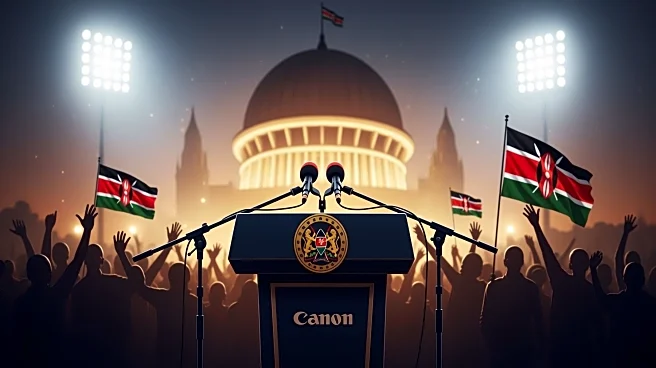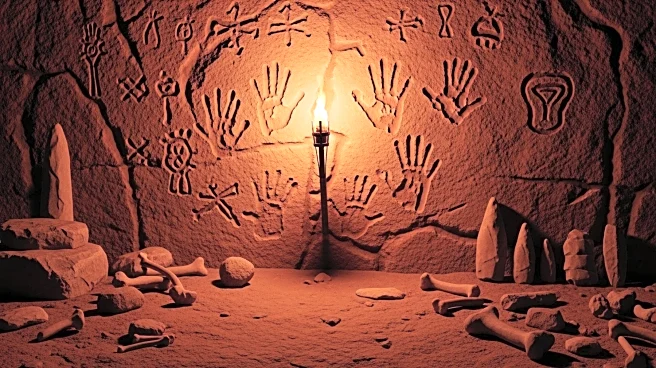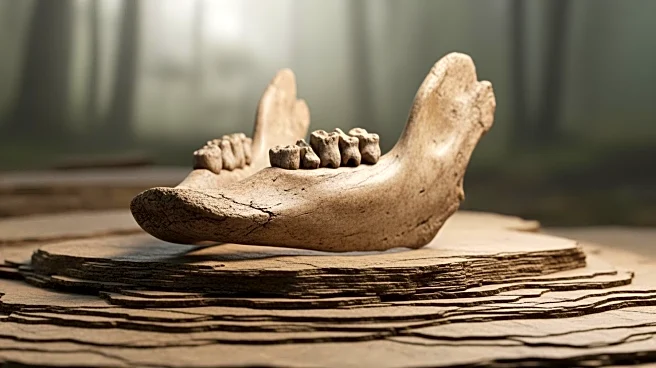What's Happening?
Raila Odinga, a prominent Kenyan opposition leader, passed away at the age of 80 in India. Known as 'Baba', Odinga was a key figure in advocating for multi-party democracy in Kenya. Despite five unsuccessful
presidential bids, he remained influential in shaping the country's political landscape. Odinga's career was marked by his efforts to challenge one-party rule and his role in coalition governments. His death leaves a void in Kenya's opposition as the nation approaches the 2027 elections.
Why It's Important?
Odinga's contributions to Kenyan politics have been pivotal in transitioning the country towards a more democratic system. His advocacy for multi-party democracy has influenced political reforms and governance in Kenya. As a pan-Africanist, Odinga championed African unity and infrastructure development, impacting regional politics. His passing may affect the balance of power in Kenya, as his influence extended beyond electoral politics, shaping policy and governance.
What's Next?
Kenya's political landscape may experience shifts as the opposition reorganizes in the absence of Odinga's leadership. The upcoming 2027 elections will test the resilience of multi-party democracy in Kenya. Political alliances and strategies may evolve, with potential impacts on governance and policy direction. Odinga's legacy will continue to influence political discourse and inspire future leaders in Kenya and across Africa.
Beyond the Headlines
Odinga's life reflects the complexities of political leadership in Africa, where historical ties and personal sacrifices shape national narratives. His struggle against dictatorship and advocacy for democracy highlight the ethical dimensions of political engagement. Odinga's legacy may inspire discussions on governance, leadership, and the role of opposition in democratic societies.








